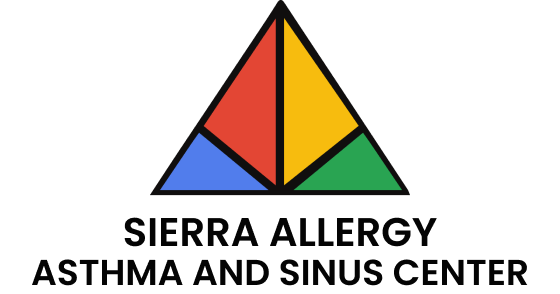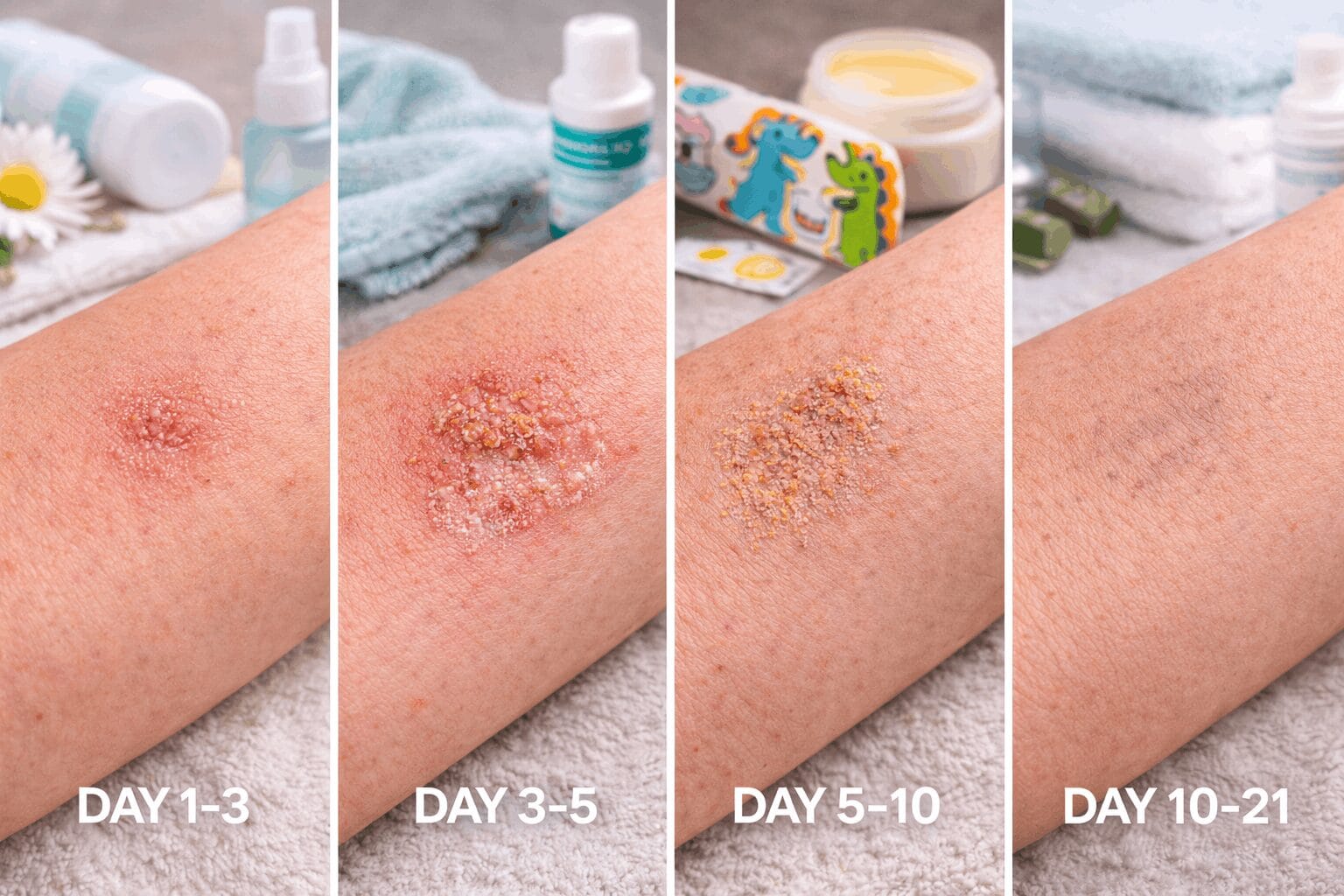Have you ever felt completely drained and sluggish when your allergies are acting up? You’re not alone. Fatigue is a common complaint among allergy sufferers. But can allergies really make you tired, or is something else going on? Let’s dive into the details.
Understanding allergy fatigue
Allergies happen when your immune system overreacts to harmless substances like pollen, dust, mold, or pet dander. When your body detects these allergens, it releases chemicals called histamines to fight them off. This battle causes symptoms like sneezing, itchy eyes, runny nose, and congestion.
But why do allergies make you feel so tired? The answer lies in how your body reacts to allergens.
How allergies cause fatigue
Here’s how allergies can leave you feeling exhausted:
Inflammatory response
When your body releases histamines, it triggers inflammation, especially in your nasal passages. This inflammation can make breathing difficult and disrupt your sleep, leaving you feeling tired during the day.
Poor sleep quality
Stuffy noses, itchy eyes, and constant sneezing can make getting a good night’s sleep nearly impossible. If you’re tossing and turning all night, you’re likely to feel drained and irritable the next day.
Immune system overload
Your immune system is constantly fighting off allergens, which can be exhausting. The effort your body puts into defending itself can leave you feeling fatigued even if you’re getting enough rest.
Allergy medications
Ironically, some over-the-counter allergy medications, particularly antihistamines, can make you drowsy. While they relieve symptoms, they can also contribute to daytime sleepiness.
Symptoms of allergy-related fatigue
It’s essential to recognize when your fatigue is related to allergies. Common symptoms include:
- • Feeling groggy or unrefreshed after a full night’s sleep.
- • Brain fog or difficulty concentrating.
- • Frequent yawning or the need for daytime naps.
- • Feeling weak or having low energy levels throughout the day.
How to combat allergy-related fatigue
The good news? You can take steps to feel more energized, even when allergies are at their worst.
Manage your symptoms
Take allergy medications as directed. If you suspect your medication is causing drowsiness, consider non-drowsy options or speak to your doctor about alternatives.
Improve sleep quality
Make your bedroom an allergy-free zone by using air purifiers, washing your bedding regularly, and keeping pets out of the room.
Stay hydrated
Drinking plenty of water helps thin mucus and keeps your body functioning properly, which can improve your energy levels.
Avoid triggers
Identify and avoid the allergens that affect you most. During high pollen seasons, try to stay indoors and keep windows closed.
Consult an allergy specialist
If fatigue is seriously affecting your quality of life, it’s worth consulting an allergy specialist. They can help you identify triggers and recommend effective treatment options.
When to see a doctor
If you’re constantly feeling tired despite managing your allergies, it’s time to speak with a doctor. Fatigue can also be a symptom of other underlying conditions like sleep apnea, anemia, or chronic fatigue syndrome. An allergy specialist can help determine if your allergies are the main cause of your fatigue and recommend a tailored treatment plan.
The bottom line
Yes, allergies can absolutely make you feel tired. The constant fight your immune system wages against allergens, combined with poor sleep and the side effects of medications, can leave you feeling drained. But with the right approach, you can reduce your symptoms and regain your energy.
If you’re struggling with allergy-related fatigue, don’t hesitate to seek help from a qualified allergy specialist. Your health and well-being are worth it.





